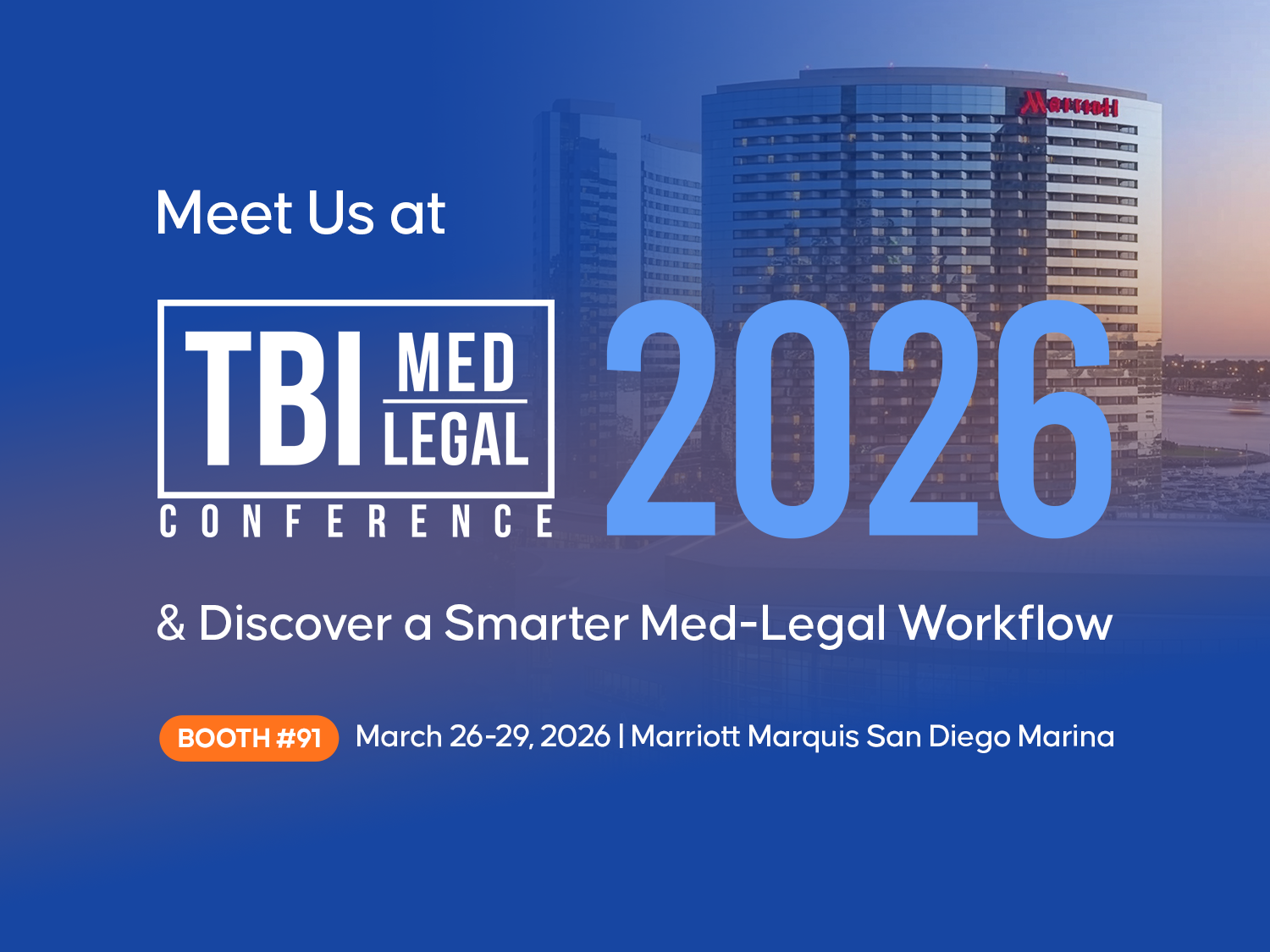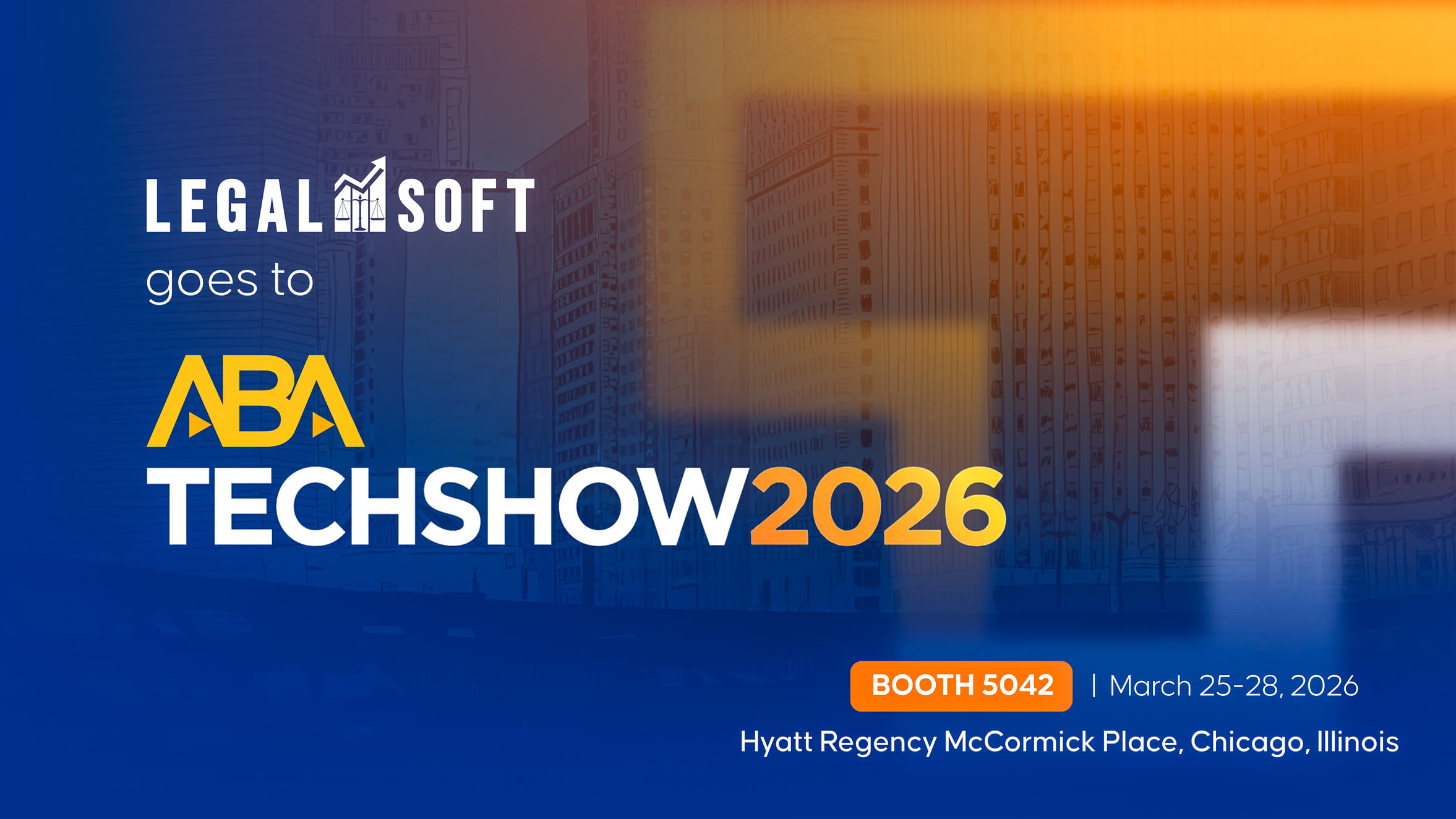WASHINGTON, D.C. — As the battle over birthright citizenship heads for a possible Supreme Court showdown, a growing number of family and immigration lawyers across the United States are recalibrating their practices. With millions of mixed-status families in legal limbo, law firms are bracing for what could be one of the most consequential shifts in constitutional interpretation in a century.
The controversy stems from Executive Order 14160, signed by former President Donald Trump on his first day back in office in January 2025. The order seeks to restrict automatic U.S. citizenship to children born to at least one U.S. citizen or lawful permanent resident—excluding the U.S.-born children of undocumented immigrants or those on temporary visas.
While federal courts quickly moved to block the order from taking effect, the U.S. Supreme Court's recent ruling in Trump v. CASA limited the scope of nationwide injunctions, creating uncertainty over how and where EO 14160 might still be enforced.
An Uncertain Legal Landscape
Legal scholars and civil rights organizations warn that if the order is upheld—or even partially implemented—it could trigger widespread legal chaos.
“Every day that EO 14160 remains legally unresolved is another day immigrant families face uncertainty about their child’s citizenship, access to healthcare, and schooling,” said Maria Torres, a senior counsel at the ACLU. “It’s a quiet constitutional crisis.”
At the center of this legal tug-of-war is United States v. Wong Kim Ark (1898), the landmark Supreme Court case that enshrined the principle of jus soli—citizenship by birthplace. Many believe EO 14160 directly challenges that precedent, which has remained largely untested in modern courts.
Family and Immigration Lawyers Step In
Amid the mounting legal pressure, law firms are seeing a sharp rise in inquiries from concerned parents—particularly in states where enforcement of the executive order could begin if local injunctions are lifted.
“In just the past month, we’ve had a 40% increase in consults from immigrant families with newborns,” said Alan Mukherjee, managing partner of a New York-based family and immigration firm. “They’re asking whether their U.S.-born kids are still citizens—and what they should do if that status is challenged.”
Some firms are moving quickly to adapt, merging family and immigration practice areas into cohesive legal units to offer full-spectrum representation. These “mixed-status defense teams” are helping clients with not only deportation and visa issues but also custody, guardianship, and parental rights.
New Business Model, Old Constitutional Values
The legal uncertainty is also shaping law firm strategy. While some view the evolving crisis as a civic obligation, others see long-term business opportunity.
“These cases don’t exist in a vacuum,” said Natasha Chavez, a San Diego-based attorney. “When you have a citizen child and a parent facing deportation, you’re not just doing immigration law. You’re doing child advocacy, family law, emergency planning. It’s comprehensive—and it’s needed.”
Law firms are responding with:
- Integrated legal teams that bridge immigration, family law, and public benefits;
- Pro bono workshops for expectant immigrant parents on how to legally prepare;
- Emergency guardianship filings for citizen children in removal-threatened households.
Many are also retooling intake processes to flag potential citizenship complications and training attorneys to track injunction rulings by jurisdiction—especially now that the Supreme Court has curtailed nationwide injunctions.
The Bigger Picture: Families at Risk
Advocates argue that EO 14160, if upheld, could create a “stateless generation” of children born in the U.S. who have no recognized nationality. Without citizenship, these children may be ineligible for Social Security, Medicaid, or passports—despite being born on American soil.
And the implications extend far beyond citizenship paperwork.
“This isn’t just a legal question—it’s about family unity, child welfare, and the role of government in deciding who belongs,” said Professor Daniel Liu, an immigration scholar at Georgetown Law. “What we’re watching unfold could reshape core elements of constitutional law and civil rights practice.”
What's Next: Preparing for the Ruling
With federal appellate courts moving at different paces, and the Supreme Court expected to take up the merits of EO 14160 later this year, law firms are urging clients not to wait.
“Parents can’t afford to be reactive,” Mukherjee warned. “They need to be proactive. That means getting documents in order, establishing legal guardianship, and exploring citizenship options if they’re eligible.”
Bar associations, including the American Immigration Lawyers Association (AILA) and the National Association of Counsel for Children (NACC), are publishing joint practice advisories, encouraging attorneys to approach mixed-status representation holistically.
Conclusion: Constitutional Crossroads, Legal Opportunity
The fight over birthright citizenship is not only a legal turning point—it’s a test of how the legal profession responds under pressure.
For law firms on the front lines, it’s a call to innovate, collaborate, and serve with urgency.
“Families are watching,” Chavez said. “And the law has to meet them where they are—right now, in crisis.”
Editor’s Note: If EO 14160 is upheld in whole or part, it would be the first successful restriction of Fourteenth Amendment citizenship rights in U.S. history. Stay with us for continuing coverage on the legal, social, and constitutional fallout.








